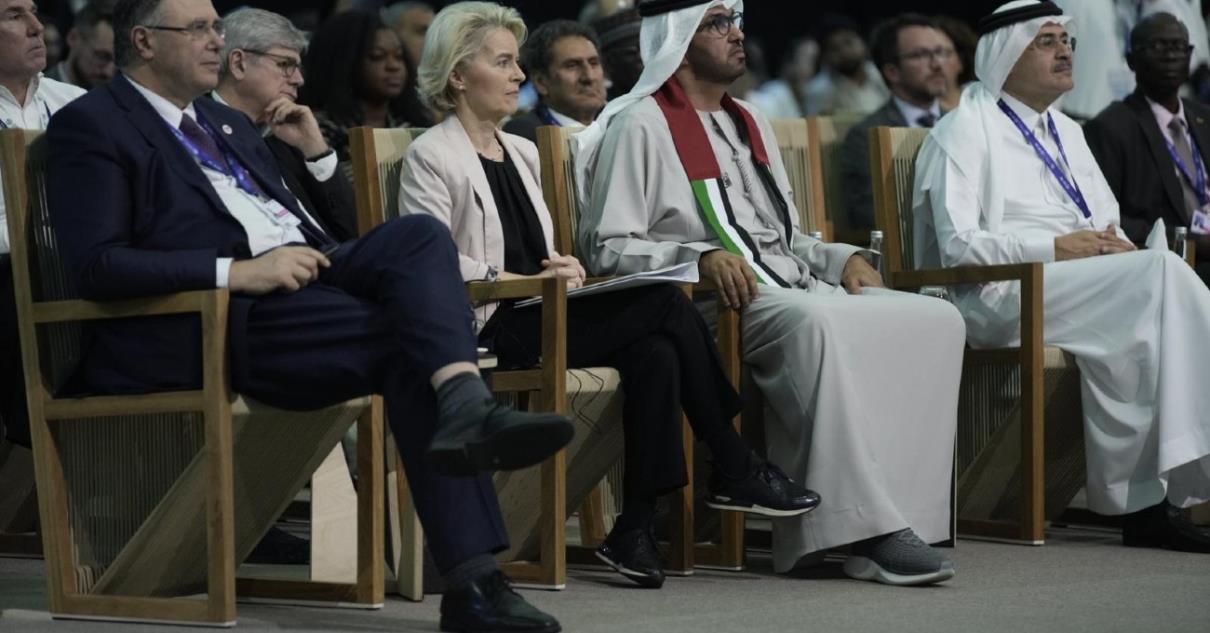World leaders commit to a global renewable target; follow recommendations by IRENA’s World Energy Transitions Outlook to keep 1.5°C alive.
Dubai, United Arab Emirates, 2 December 2023 – At COP28 today, Heads of State agreed to triple global renewable energy capacity by 2030, aligning with the International Renewable Energy Agency’s (IRENA) World Energy Transitions Outlook on how to close the energy transition gap to stay on a 1.5°C Pathway.
WETO underscores that tripling renewable energy and doubling energy efficiency by 2030 is the most realistic course-correction to align with Paris Agreement goals.
It particularly calls for a tripling of installed renewable capacity from around 3,400 GW today to over 11,000 GW by 2030, adding on average an ambitious 1,000 GW annually till the end of this century.
Commenting on the pledge, IRENA Director-General Francesco La Camera said: “I welcome today’s landmark commitment to triple renewable capacity by 2030. This decision unequivocally confirms the central role renewables play in addressing climate urgency. As the most accessible and cost-effective solution, renewables stand at the forefront of climate action, offering a path to enhance energy access, security and affordability.”
He added: “Now, commitments must translate into concrete actions considering varied national circumstances. The forthcoming round of Nationally Determined Contributions in 2025 represent a prime opportunity to make a transformative leap forward. As the custodian of today’s pledge, IRENA supports countries in advancing their energy transitions to ensure progress is made every year towards 2030.”
2022 saw the largest-ever annual increase in renewables with 40% of installed power being generated by renewables globally. But the scale and extent of renewable deployment in different sectors and across regions are uneven and fall short of what is needed for the 1.5°C pathway.
Deeply entrenched barriers across infrastructure, policy and institutional capacities, remnants of the fossil-fuel era, must be overcome to scale and speed up the deployment of renewables. And a reform of the global financial architecture should recognise the role of multilateral financial institutions in prioritising the infrastructure needed for a new energy system run on renewables.
As outlined in a recent report from the COP28 Presidency, IRENA and the Global Renewables Alliance, achieving the global pledge requires stronger policy actions, investment and global collaboration, reiterating the criticality of the next seven years for bringing the world back on track towards the 1.5°C Pathway and realizing the Sustainable Development Goals.
IRENA will continue to review progress and gaps towards the global energy targets on an annual basis to support the tracking of the COP28 commitment and maintain momentum to 2030.

Comments are closed